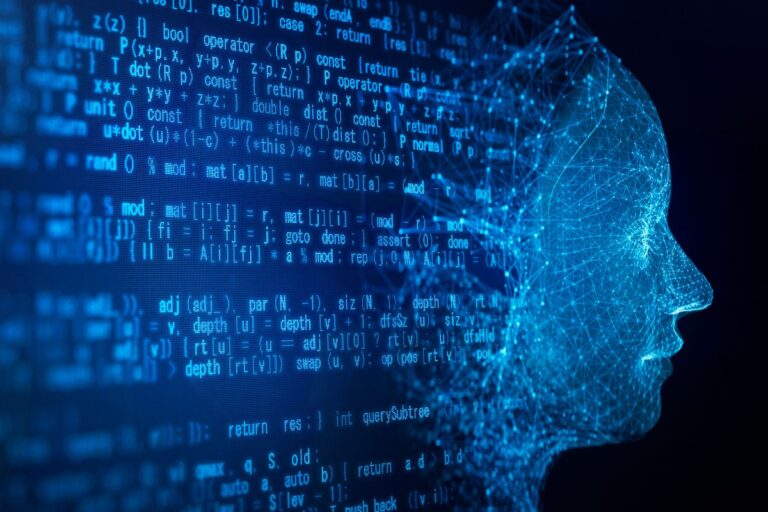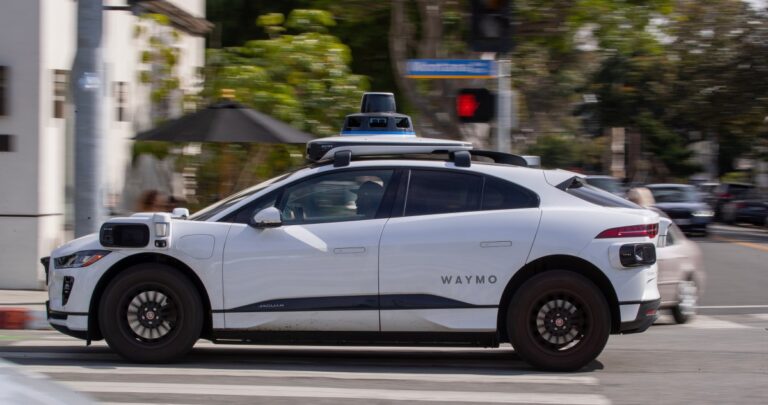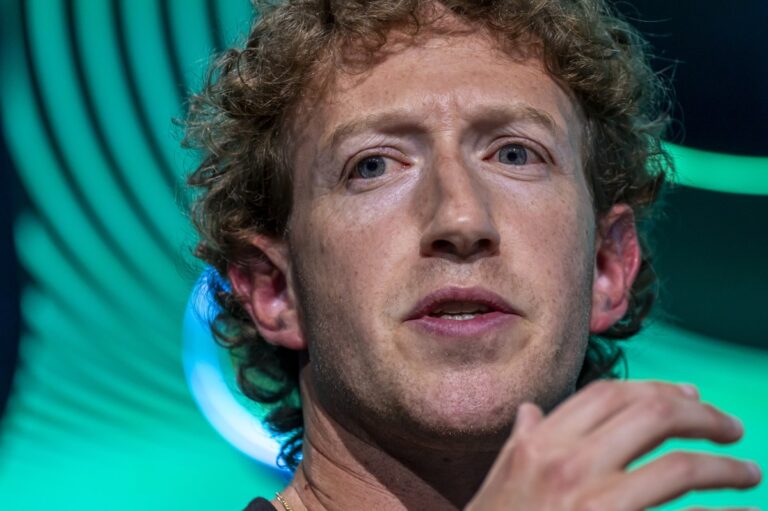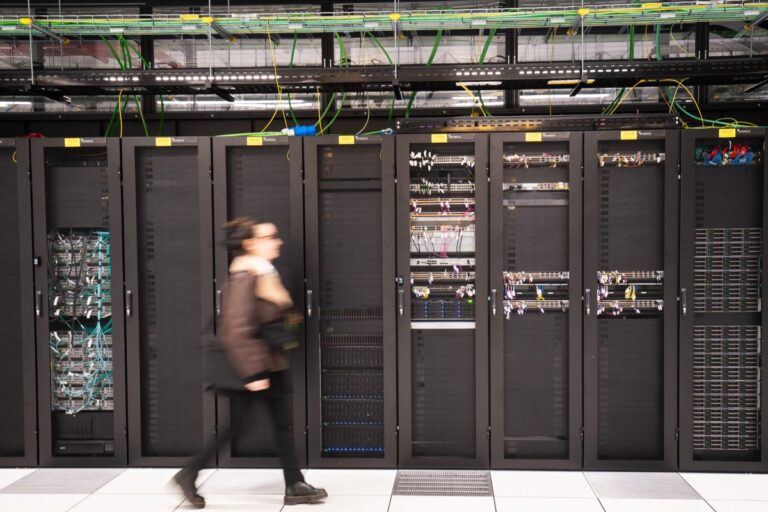Microsoft Study Reveals AI Models Face Challenges in Software Debugging
Artificial Intelligence (AI) models from leading organizations like OpenAI and Anthropic are increasingly being utilized to aid programming tasks, but recent findings reveal that these advanced technologies still face significant limitations. As Google CEO Sundar Pichai noted, AI is responsible for generating 25% of new code at Google. Meanwhile, Meta CEO Mark Zuckerberg has ambitious plans to implement AI coding models across the social media platform. However, even these top-tier models often struggle with debugging software issues that seasoned developers can easily resolve.
Study Highlights AI Debugging Challenges
A recent study conducted by Microsoft Research sheds light on the performance of various AI models in debugging tasks. The models tested included Anthropic’s Claude 3.7 Sonnet and OpenAI’s o3-mini. The study focused on the SWE-bench Lite benchmark, which is designed to evaluate software debugging capabilities.
Key Findings from the Microsoft Research Study
- The study evaluated nine AI models using a “single prompt-based agent” equipped with various debugging tools, including a Python debugger.
- The agent was tasked with resolving a curated set of 300 debugging challenges from the SWE-bench Lite benchmark.
- Even with advanced models, the agent successfully completed less than half of the debugging tasks.
- Claude 3.7 Sonnet achieved the highest success rate at 48.4%, while OpenAI’s o1 reached 30.2%, and o3-mini only 22.1%.
Understanding the Limitations of AI in Debugging
Why do these models underperform in debugging tasks? The study identified two major issues:
- Tool Utilization: Some models struggled to leverage the debugging tools effectively, failing to understand how different tools could assist with specific problems.
- Data Scarcity: A significant challenge is the lack of sufficient data representing the “sequential decision-making processes” that human debuggers typically undertake.
The co-authors of the study emphasized the need for specialized data to enhance model training, stating, “We strongly believe that training or fine-tuning models can make them better interactive debuggers.” They suggested that trajectory data capturing agent interactions with debuggers would be beneficial.
Implications for AI Coding Tools
The findings of this study are not entirely surprising. Previous research has shown that AI-driven coding tools often introduce security vulnerabilities and errors due to their limited understanding of programming logic. For instance, a recent evaluation of Devin, a well-known AI coding assistant, revealed it could only complete three out of twenty programming tests.
Although these findings may not discourage investors in AI-powered coding tools, they serve as a crucial reminder for developers and their management to remain cautious about relying solely on AI for coding tasks.
Future of Programming in an AI World
Despite the challenges highlighted in the study, many tech leaders are optimistic about the future of programming. Notable figures such as Bill Gates, Amjad Masad (CEO of Replit), Todd McKinnon (CEO of Okta), and Arvind Krishna (CEO of IBM) have asserted that AI will not replace coding jobs. Instead, they believe that programming as a profession will continue to thrive alongside AI advancements.
For further insights into AI and its applications in software development, check out our comprehensive guide on AI programming tools.







